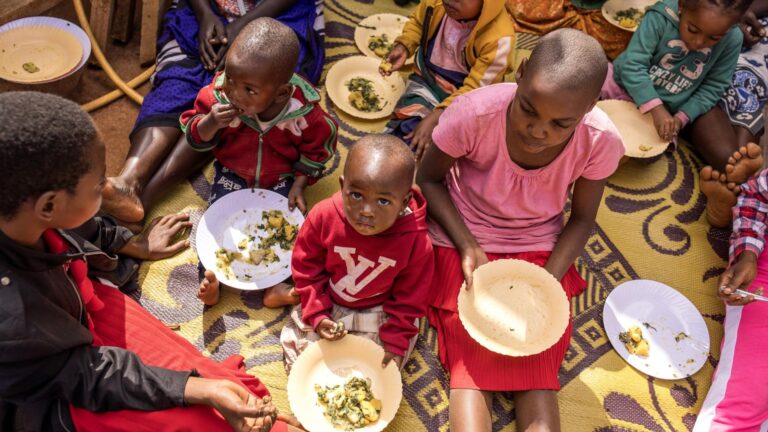10 Facts About Hunger in Puerto Rico
Puerto Rico faces a unique and challenging struggle with hunger. Despite being a territory of the United States, many Puerto Ricans experience food insecurity at alarming rates. This article explores ten key facts about hunger in Puerto Rico.
1. High Rates of Food Insecurity
About 1 in 3 Puerto Ricans are food insecure. This is significantly higher than the national average in the United States. The situation highlights the urgent need for support and resources.
2. The Impact of Economic Challenges
Poverty plays a significant role in hunger rates. A large portion of Puerto Rico’s population lives below the poverty line, exacerbating food insecurity. Economic recovery efforts are vital to addressing these issues.
3. Dependency on Food Assistance Programs
Many families rely on government assistance to meet their nutritional needs. Programs like SNAP and WIC are crucial for those struggling to afford food. However, these programs often fall short due to funding limitations.
4. The Aftermath of Hurricane Maria
The devastation caused by Hurricane Maria worsened food insecurity. The hurricane disrupted supply chains and damaged local agriculture, making access to food even more difficult. Recovery is ongoing and continues to impact the food landscape.
5. Nutrition and Health
Poor nutrition is linked to various health issues. Many Puerto Ricans face increased rates of obesity and chronic illnesses due to limited access to healthy foods. Addressing hunger is integral to improving public health outcomes.
6. The Role of Local Agriculture
Local farming is vital for reducing hunger. Supporting local agriculture can improve food accessibility while fostering economic growth in Puerto Rico. Community gardens and farmers’ markets are key initiatives in this regard.
7. Ethnic and Racial Disparities
There are significant disparities in hunger among different ethnic groups. Prominent among these are the disparities experienced by Afro-Puerto Ricans, who often face higher rates of food insecurity. Addressing these inequalities is crucial for a fair approach to tackling hunger.
8. Education and Awareness
Raising awareness about food insecurity is essential. Many communities in Puerto Rico are unaware of available resources and assistance programs. Education campaigns can empower families to seek help and improve their circumstances.
9. Community Initiatives
Community-based solutions are emerging to combat hunger. Nonprofit organizations and local groups are working tirelessly to provide resources and support to families in need. Cooperation among communities fosters resilience against food insecurity.
10. The Need for Policy Changes
Advocacy for policy change is crucial in addressing hunger. Efforts to reform food assistance programs and increase funding can lead to significant improvements in food security. Engaging policymakers is essential for creating sustainable solutions.
For more information on this pressing issue, visit The Borgen Project.

